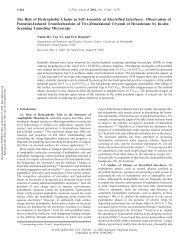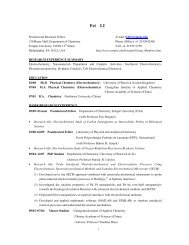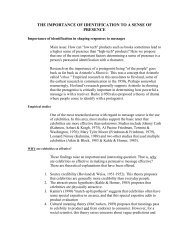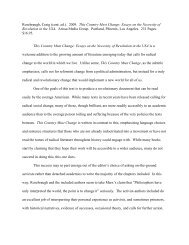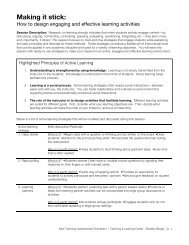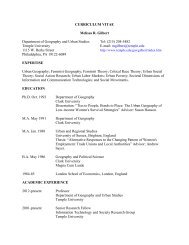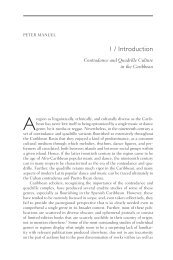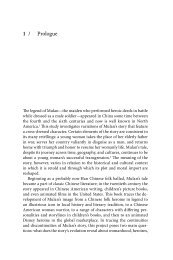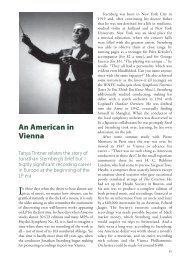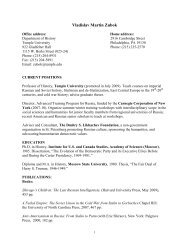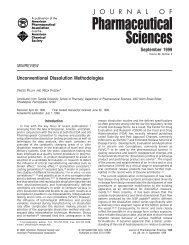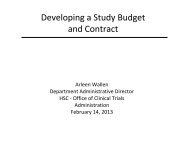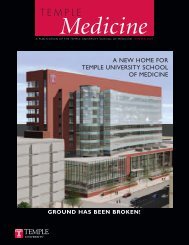TEMPLE IN WEST AFRICA: GHANA - Temple University
TEMPLE IN WEST AFRICA: GHANA - Temple University
TEMPLE IN WEST AFRICA: GHANA - Temple University
You also want an ePaper? Increase the reach of your titles
YUMPU automatically turns print PDFs into web optimized ePapers that Google loves.
festival sites, the National Cultural Center, residences of Ghanaian kings, the mysterious, irremovable sword of<br />
Okomfo Anokye, the legendary high priest of the Asantes, and the Obuasi gold mines.<br />
ABOUT <strong>GHANA</strong><br />
The Republic of Ghana, roughly equivalent to Oregon in size, lies almost in the center of the countries bordering<br />
the Gulf of Guinea. To the east lies Togo, beyond which are Benin and Nigeria. On the west is Cote d'Ivoire, and<br />
to the north, Burkina Faso. Ghana's coastline on the south stretches for a distance of about 560 kilometers.<br />
Mountains are few, but there are several hills that rise to a maximum of 900 meters. These include the<br />
Akwapim-Togo ranges that extend from Pokoasi, a few kilometers north of Accra. Formerly a British colony,<br />
Ghana attained independence on March 6, 1957, and became a Republic within the British Commonwealth on<br />
July 1, 1960. Although English is the official and commercial language, several African languages and dialects<br />
are spoken in Ghana, including Twi, Fanti, Ga, Ewe, Dagbani, Hausa, Gonja and Nzima.<br />
Since the attainment of its independence, when the Gold Coast became Ghana, efforts have always been made<br />
to preserve the country's rich cultural history and traditional institutions, which can be traced to the ancient<br />
Ghana Empire. For this reason, the institutions of chieftaincy and the ceremonies attached to it are kept very<br />
much alive. Various ethnic groups hold traditional festivals periodically that include drumming, singing and<br />
dancing. The traditional crafts include Kente and Adinkra, cloth weaving, wood carving, brass and bronze<br />
carving, and pottery. In addition to a rich oral literary tradition which features tales, legends, proverbs and songs,<br />
Ghana has a corps of talented novelists, poets and dramatists such as Kofi Awoonor (formerly Ghana's<br />
Ambassador to the United Nations), Ayi Kwei Armah, Attuquaye Okai, Kofi Aniyidoho, Ama Ata Aidoo, Efua<br />
Sutherland, and Mohamed Ben Abdallah who are making significant contributions to world literature.<br />
ACCRA<br />
Accra is Ghana's capital and largest city. Originally a small fishing village, Accra became the capital of the Gold<br />
Coast in 1877. Probably because of its 300-year contact with the European world, the city was the first to<br />
develop foreign business offices, hospitals, and schools. Luxury items arrived at Accra's docksides before being<br />
transported on to other colonial towns. Modern Accra, with a population of about one million, is the key city for<br />
all of the nation's governmental and business activities. Major roads, airlines, railways, buses and ocean liners<br />
serve the capital, connecting it to most other large cities in Ghana, such as Cape Coast, Takoradi, Kumasi, Keta,<br />
Wenchi and Tamale. Merging with several other coastal towns, Accra has developed into the Accra-Tema<br />
metropolis, forming the country's chief commercial, industrial, and transportation center. The population of this<br />
fast-growing region reached 1.5 million in 1984. The indigenes of this area and their language are called Ga. Dr.<br />
Abarry, the program director, is a native of Accra.<br />
ACCOMMODATION AND STUDENT LIFE<br />
Housing and meals are arranged in comfortable <strong>University</strong> facilities at Legon, and in comparable places for trips<br />
outside of Accra. Although the <strong>University</strong> of Ghana is not normally in session during the summer, the <strong>University</strong><br />
often hosts a number of special summer programs for both local and international participants, and many campus<br />
recreational facilities are available to summer program students.<br />
PREDEPARTURE <strong>IN</strong>FORMATION AND ORIENTATION<br />
Pre-departure mailings are sent to all participants in the weeks prior to departure covering such logistical issues<br />
as transportation, visas, required immunizations, medical care and insurance, as well as suggestions for preparing<br />
participants academically and culturally for the program. Participation in a study abroad program in the<br />
developing world requires ample opportunity for discussion of expectations and concerns. To facilitate such<br />
discussion and to ease adjustment, <strong>Temple</strong> <strong>University</strong> will hold a full-day orientation program at <strong>Temple</strong><br />
<strong>University</strong>'s main campus on July 8, the day before departure. All participants are expected to attend.<br />
Participants from outside of the Philadelphia area are responsible for the costs of accommodation and travel to<br />
Philadelphia. All participants will then travel as a group from Philadelphia to Accra with the program director.<br />
An on-site orientation program will also be held upon arrival in Accra.



